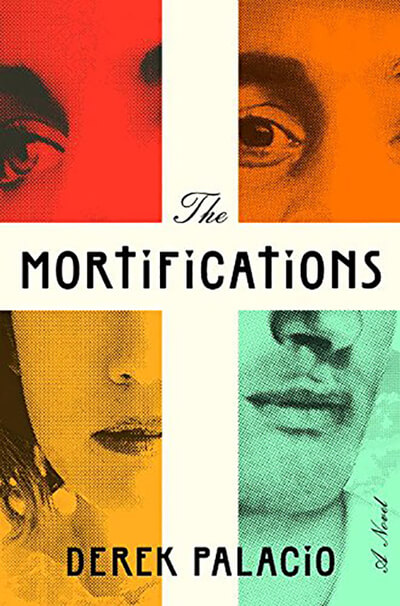Add Louise Erdrich (LaRose, The Round House) to the growing list of literary authors to dabble in dystopian fiction. Her latest work, Future Home of the Living God, imagines a frightening, not-too-distant time, made all the more terrifying by its plausibility. The U.S. Congress has expanded a set of policies that began as the Patriot Act so that pregnant women can be “sequestered in hospitals in order to give birth under controlled circumstances.”
The reason for this expansion is not made immediately clear, but it becomes apparent through the story of 26-year-old Cedar Hawk Songmaker, “the adopted child of Minneapolis liberals.” Born on an Ojibwe reservation, Cedar has never known her biological parents. As the novel opens, it’s been a year since Cedar’s birth mother sent her a letter asking if they could meet. Cedar ignored the request. But now that Cedar is four months pregnant, her perspective has changed, and she decides to meet her birth parents. But that’s not all that has changed. A biological disaster has occurred, “evolution has reversed,” and pregnant women are sent to detention centers so they can be monitored. Cedar is of particular interest to authorities, as they believe she is carrying one of the few “normal” babies not suffering from abnormalities.
Written as a diary to her unborn child, Future Home of the Living God chronicles Cedar’s experiences and the mysterious personages she encounters, most notably an omnipresent figure named Mother who appears on turned-off computer monitors and coos, “How are you feeling? I care. I’d like to know.”
If parts of this novel are pulpier than Erdrich’s previous work, the result is still a chilling work of speculative fiction and a bracing cautionary tale about environmental deterioration and the importance of women’s control of their own bodies.
This article was originally published in the November 2017 issue of BookPage. Download the entire issue for the Kindle or Nook.



















